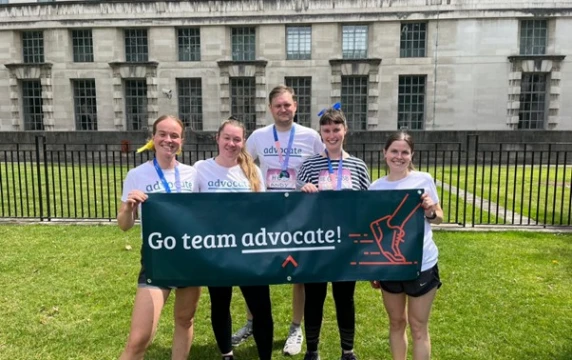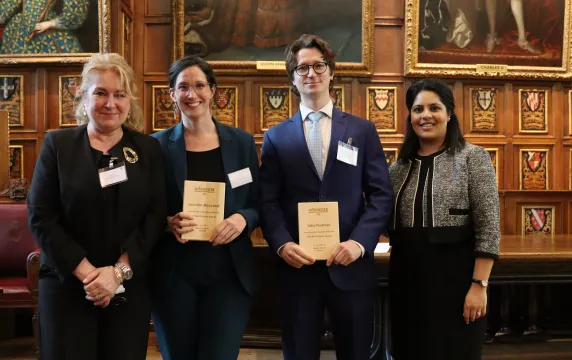At what stage in your career did you take on your first pro bono case?
In training for the Bar, I took on employment cases and was pleased to achieve an award of almost £10,000 for under payment of wages for a waiter. The client was understandably immensely grateful, he was paid less than the minimum wage and the award made an enormous difference to his life.
Why did you decide to undertake pro bono work?
To begin with to gain experience. It is very useful at the start of a career at the Bar because you may be able to prepare and conduct a complex trial which you might otherwise not experience for several years. With regard to family law, there is a particularly great unmet need because of changes in public funding which provides the opportunity for junior barristers to gain experience.
What was the most memorable case you worked on, and what did you do?
I represented a woman in a miracle baby case in which she and her husband successfully applied to adopt the child. The case is reported as D (A Child) [2012] EWHC 4231 (Fam) (14 December 2012).
What effect did pro bono work have on your career?
It gave me confidence in advocacy at the beginning of my career and experience in unusual and interesting work in later years.
What is the most rewarding thing about doing pro bono work?
Seeing justice done. I recently represented the respondent mother in an international abduction case (see The battle to keep her child from being taken abroad: Ava’s story). She had left the father in another jurisdiction after the breakdown of the relationship taking her child with her to return to England and Wales. She did not have the permission of the father and the defences to such an abduction are limited. She was able to succeed on the child’s objections to return without her mother who had received medical advice that it would be detrimental to her health to be compelled to return.
What advice would you give to any barrister unsure about whether to start doing pro bono work?
Just do it. You will not regret it. Take a case that has an unusual or novel point and you may well find it reported.







